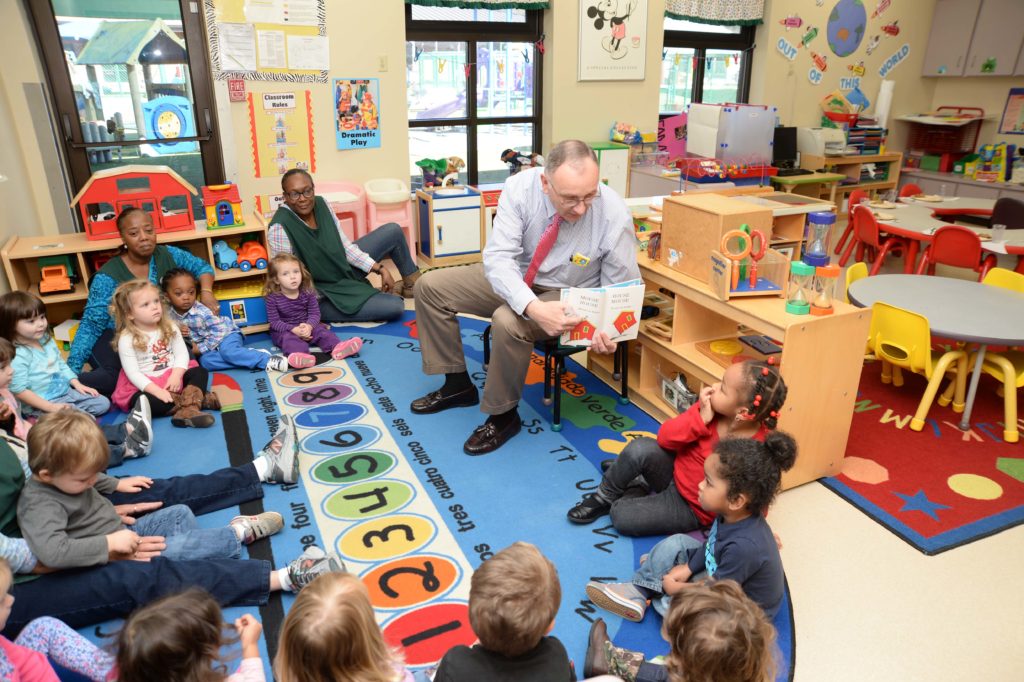By Alusine Fullah
Teaching environment is equally important as what is being taught. Students/ pupils will thrive in a space where the right classroom culture has been set.
In His book ‘Classroom Culture and Management’, Emerson Muller stated: Classroom management refers to the skills the teachers develop and the techniques and strategies they implement to create a learning environment where teachers and students are committed with the learning objectives. We call this positive environment. An environment where students develop effective learning…”
Taking your time as a teacher to build the classroom culture is really important in the teaching practice and it can be considered by many teachers as the most difficult part of their profession. However, it can be achieved through a proper classroom management. Which consist of a set of rules and skills that teachers develop?
Yes, the classroom needs to be managed very well. Classroom management will give you the tools to be an effective educator and influence your student’s success as leaners. If your classroom is out of control, it will not matter how passionate are you about your subject or how structured your lesson notes are or how much you are truly dedicated to children, learning will be negatively impacted if the classroom culture has not been be built.
How can a teacher effectively pass on his/ her message when the classroom is not well managed? The classroom needs to be managed properly by the chairperson (teacher) of the class. Some classrooms run like clockwork, with teachers seeming to manage them effortlessly. Others … well, not so much. But there’s nothing magic or automatic about classroom management. It’s a skill that teachers build over time, constantly refining their classroom management strategies to find the ones that work best for them.
The payoffs are worth the effort though. When students and teachers trust one another, they can get so much more done in the classroom. Positive relationships may not solve all your classroom management problems, but they’re a great place to start.
Be realistic about how much information you can hold in your head. Keep a chart or notebook about things you learn from your students. Who swims on Wednesdays? Who lives with their grandmother? Which kid loves to pick strawberries? Have this rule in mind regularly before you meet with your students so you can ask them personal questions that show you care.
Kids come to school with all sorts of baggage and often take out their wider frustrations on teachers and fellow students. It can be tempting to take things personally and let your emotions take over. Instead, take a step back and return to your behaviour management plan. Ask yourself, “What does this student need right now?” and go from there. In the rare case where you and a student actually do seem to have a personal conflict, remember to address that individually with them instead of getting into a shouting match in the classroom.
As stated above, classroom management is very arduous. Teachers should always be ready to keep their classes well managed. For some teachers they keep grudges when they are offended by their pupils/ students. No! Keep an open mind. Assume the best for them! We sometimes assume that students/ pupils’ mistakes are intention when in fact we don’t know the cause. Or our language can imply to a student that we think he/ she did something on purpose or worse, imply a brother judgement of character that the student or pupil was selfish, disrespectful or lazy. We must strive to remember how many garden-variety causes for mistakes there are: distraction, fatigue, genuine misunderstanding, and so on. Unless you have clear evidence that behaviour was intentional, it is better to assume that your students are trying to do as you have asked.











